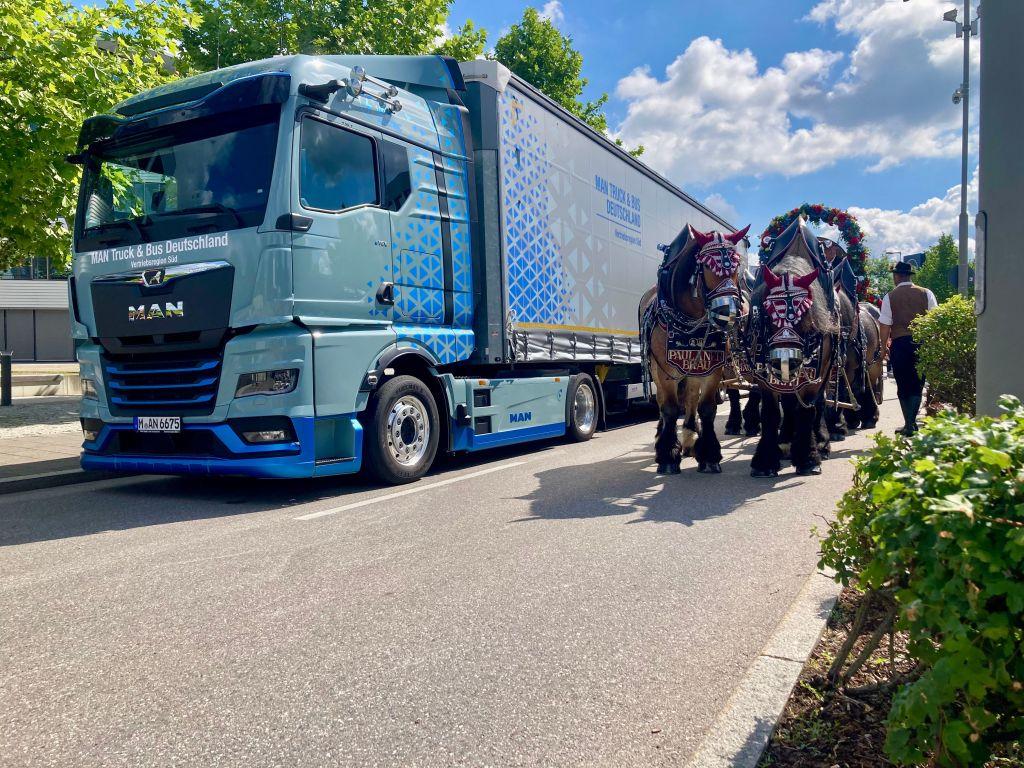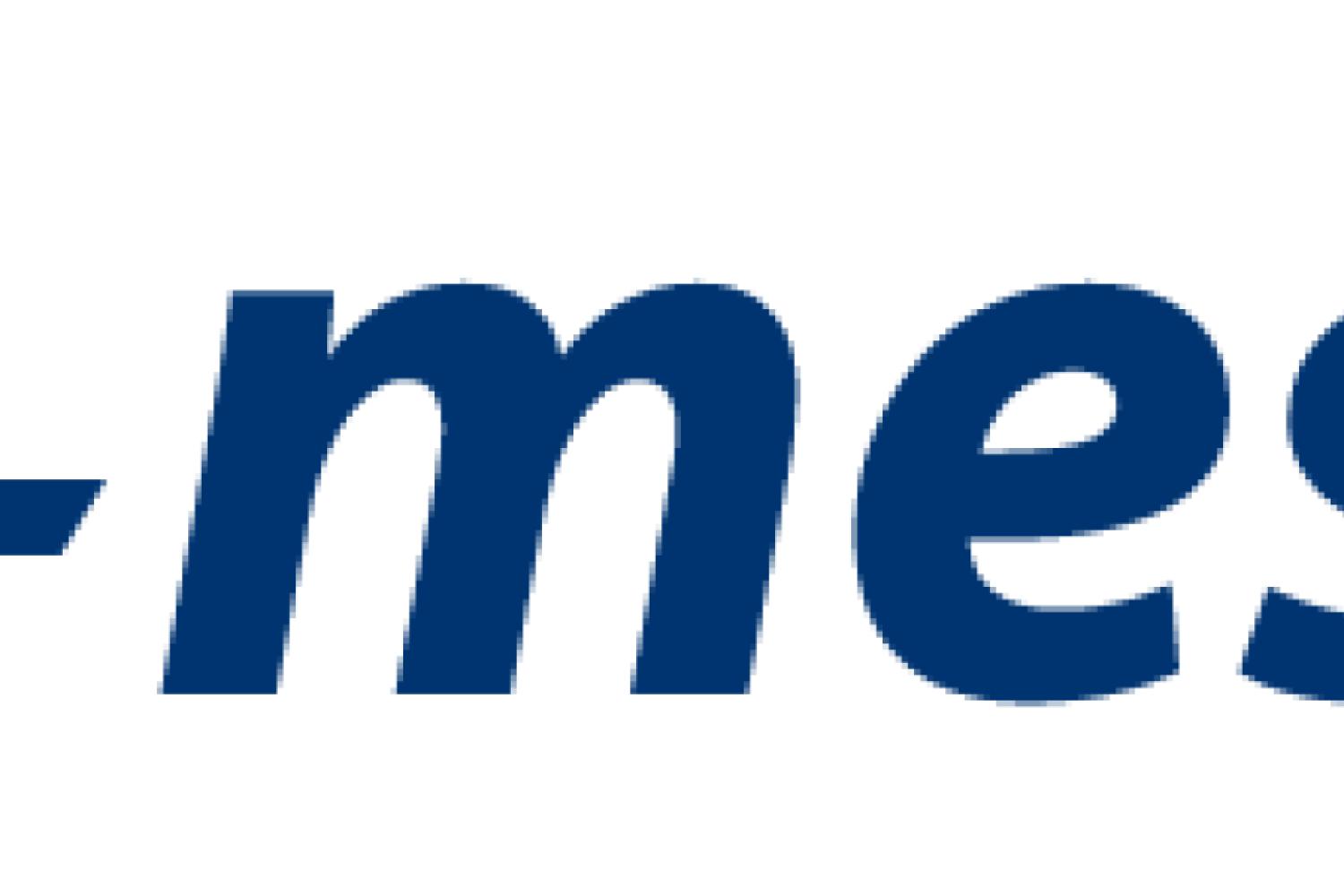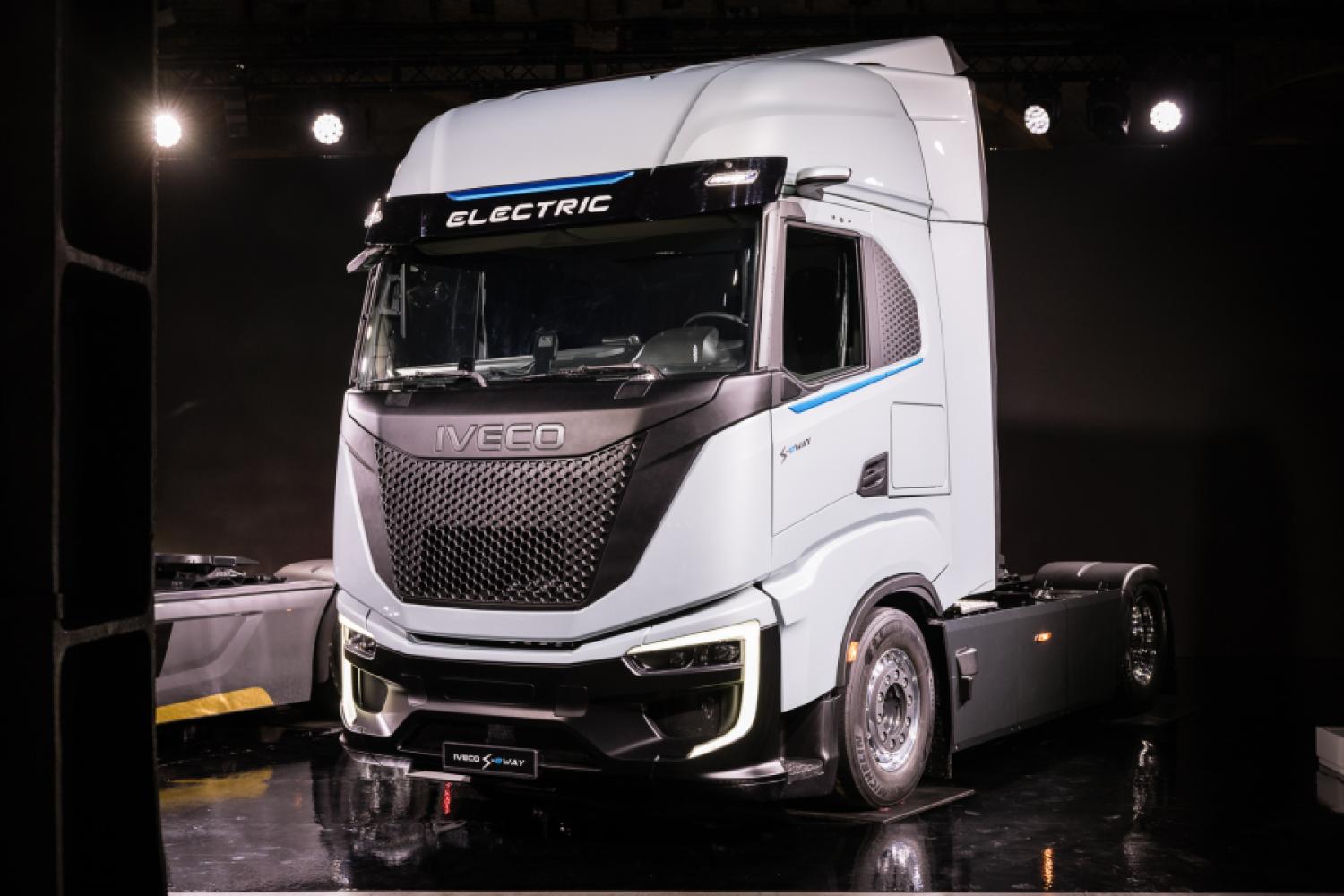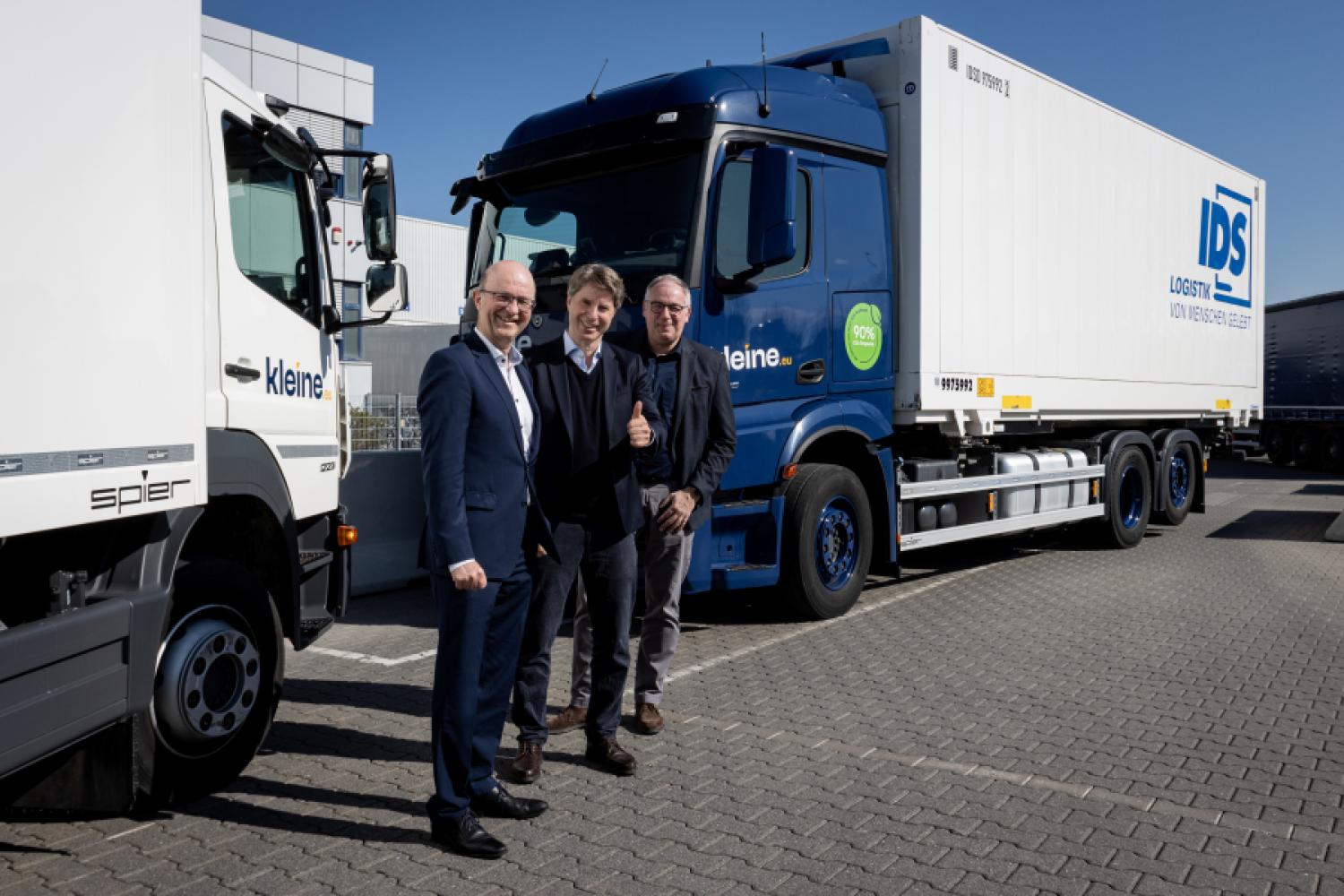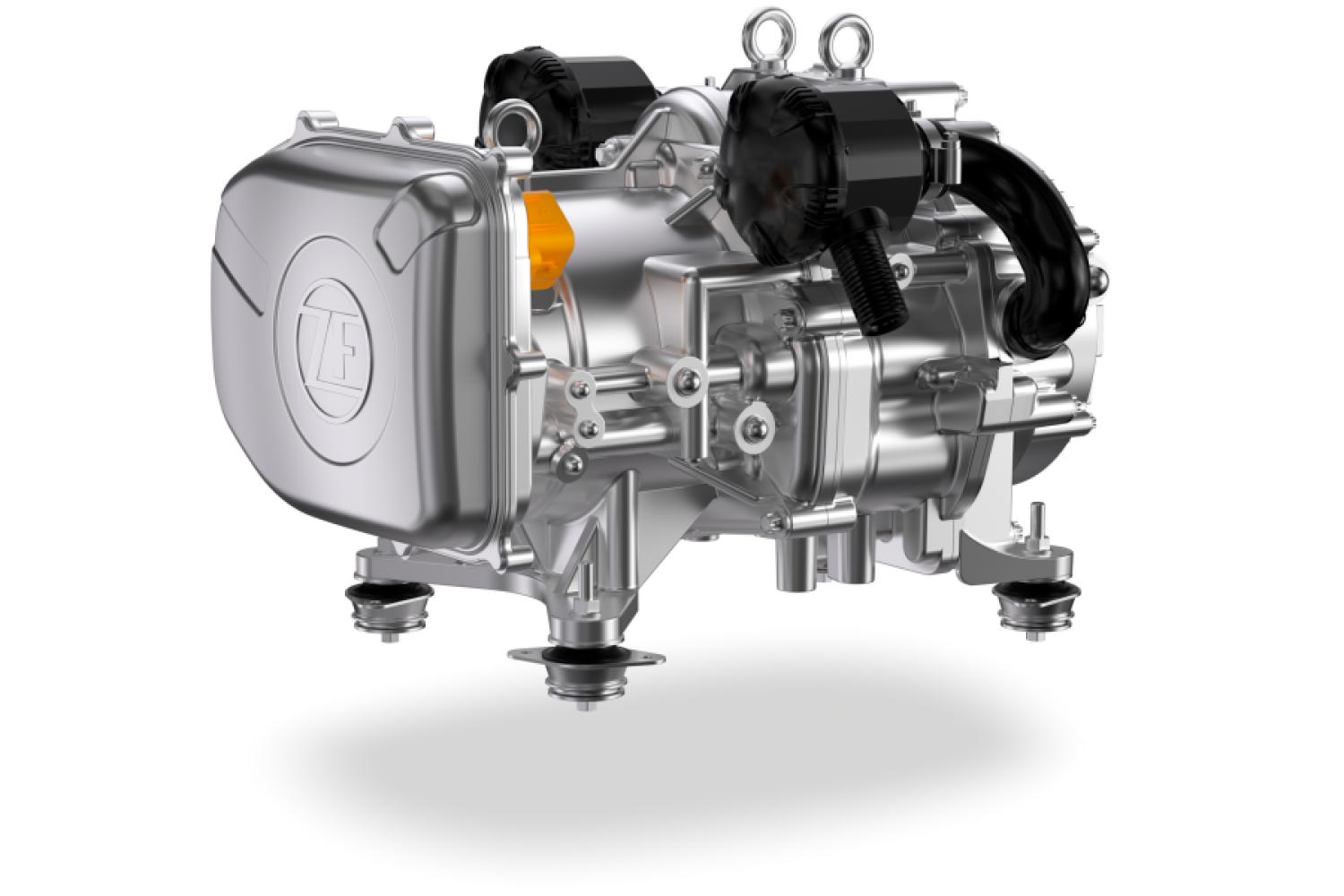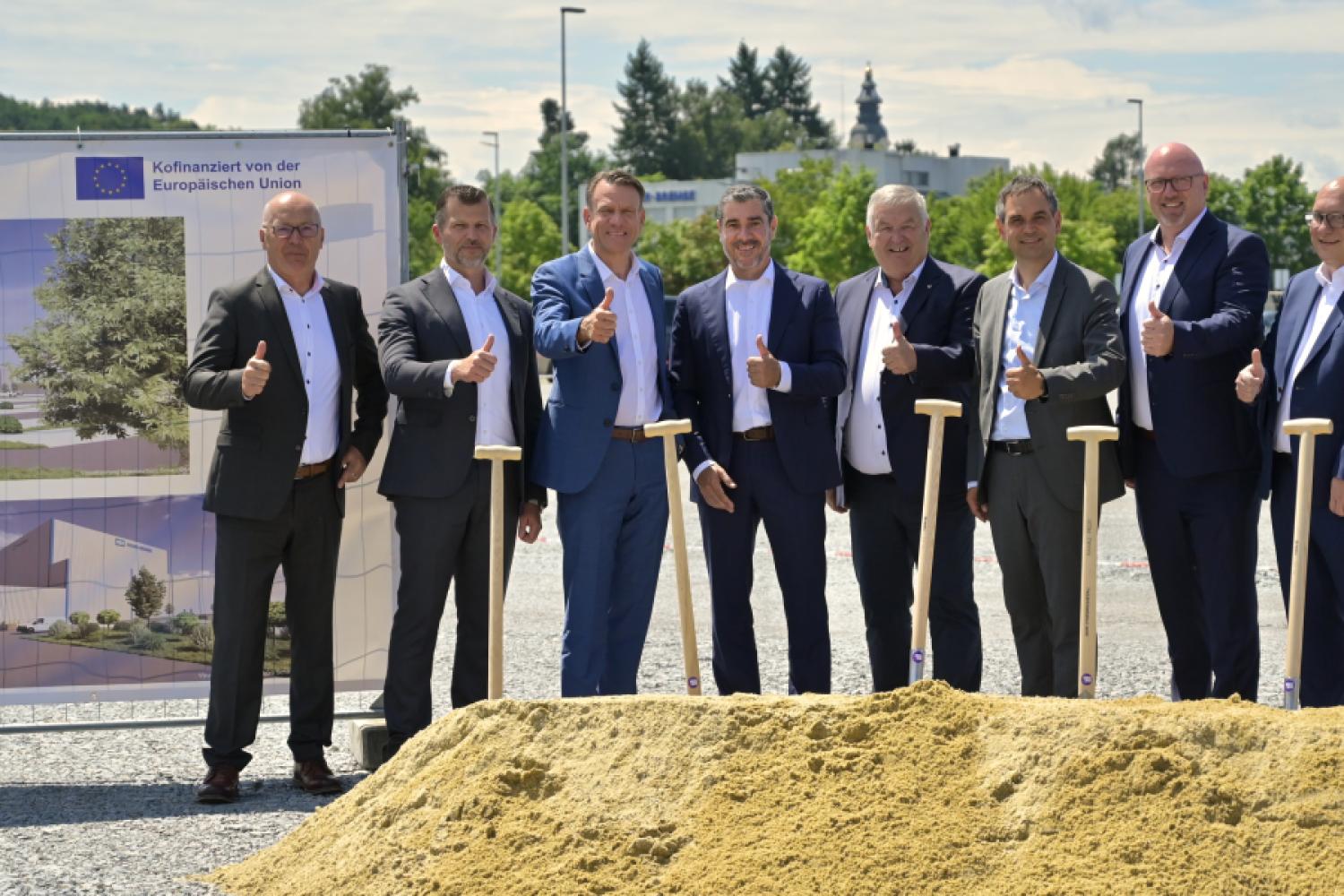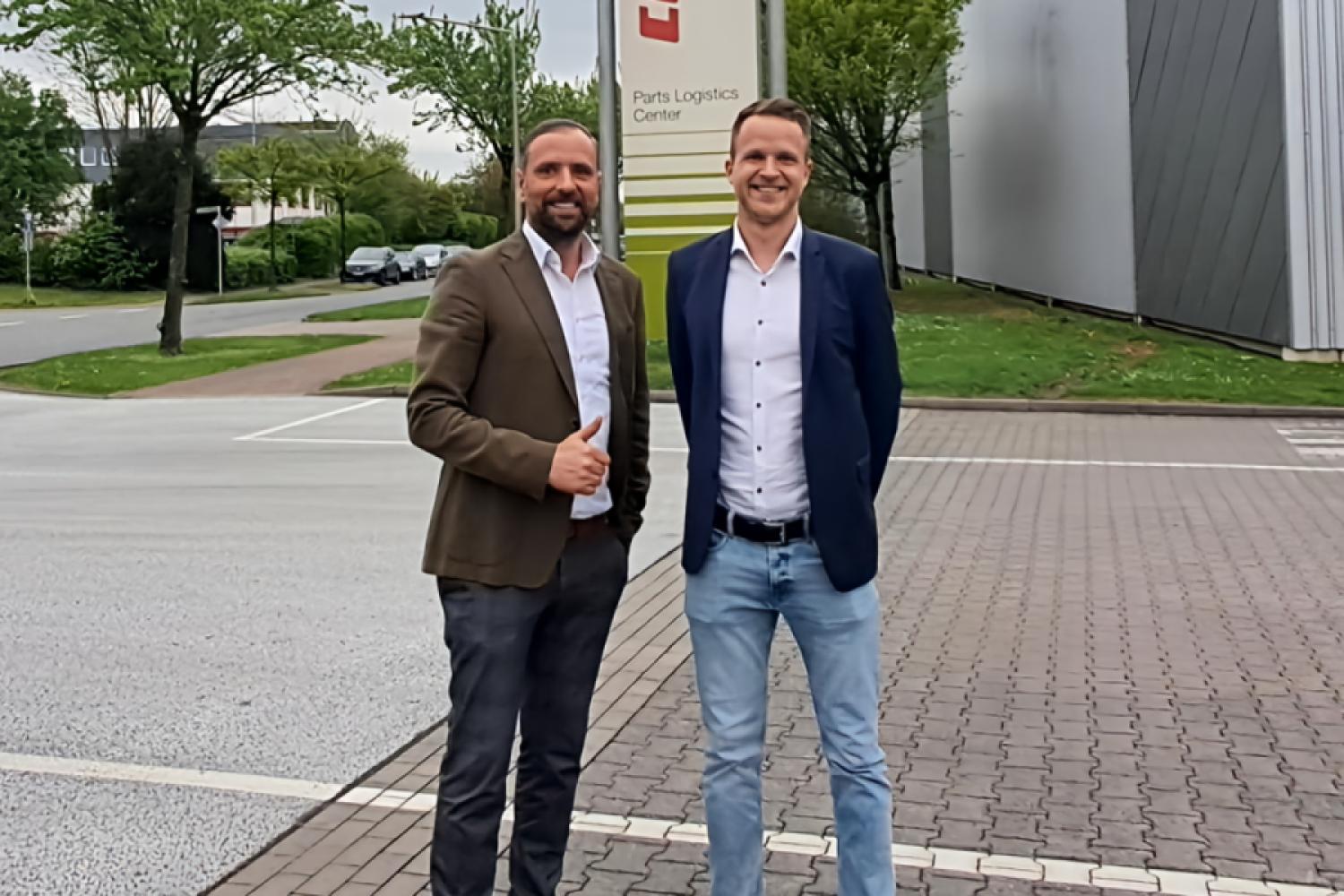Bavarian white-blue sky, brass band music, a classic horse team from the Paulaner brewery, and behind it the whisper-quiet electric TGX: MAN celebrated 70 years at the Munich location. And amidst the test track, neo-gothic castle, and state-of-the-art body construction at the historic Munich site, it continues to make history. And not quietly: With the series production of the new eTruck "made in Munich," the commercial vehicle manufacturer is setting a highlight in the transformation of mobility.
"We can all be proud of the site's history," said MAN CEO Alexander Vlaskamp and proudly added:
"The development and series production of our eTruck is the latest evidence of the plant's innovative strength and adaptability and a historic milestone for MAN and the site."
But between the lines, he also admitted that times were simpler: Once over 9,000 people were employed in Munich, now it's around 8,000. The truck business is tough, and compared to cars, every margin point behind the comma has to be fought for. But that's nothing new in the industry, and "we stick together," or as Vlaskamp puts it:
"Together, we have always found the right solutions for all challenges and combined history and modernity well. The strong tradition is also a good foundation on which the future can be built."
What sounds like a love
declaration for the plant is, in truth, a sober assessment of 70 years of industrial history at the site - with an increasingly electrified horizon. Incidentally, the native Dutchman managed the "tapping" well: two strokes and the beer flowed!
A festival as described in the (load) specifications
Those who think engineers and workers could only celebrate construction data and production numbers were taught otherwise: For the opening of eTruck production, the factory premises were quickly converted into a small Oktoberfest - complete with a Ferris wheel. 40 meters high, 2,500 tons, 200 seats - with a view of the factory, city, and Alps. The showman family Landwermann put together the spectacle - with logistical finesse and exclusively MAN tractors. Why? "For reasons of quality and tradition," said the Landwermanns. A statement that could also stand in MAN's mission statement.
Between horsepower and electricity: The beer logistics
Of course, beer was not to be missing at this festival - nor was the hearty keg tapping. That arrived appropriately via Paulaner - not just on wheels, but also on hooves: The Munich brewery delivered the beer both by eTruck and horse-drawn carriage. The electric MAN trucks are among the first series vehicles that Paulaner acquired directly after production started. Tradition meets innovation - not only in the glass but also
on the ramp.
High-tech meets bouncy castle - a program for young and old
The event itself resembled a sweeping journey through the past, present, and future of mobility: Historic carousels and stalls encountered artificial intelligence, with which kids could design their own commercial vehicle of the future. A brass band from Karlsfeld played, while about 40 historic vehicles - from the beginnings to the new eTruck - made the development lines tangible in the truest sense of the word. Among them were rare treats like the Unterflur 422 UXT or the TGX 680 with V8 engine.
The current team buses of FC Bayern and TSV 1860 Munich also rolled into the spotlight - football connects here as well. Additionally, there was an old Neoplan to drive around the test site.
A production with history - and future potential
Around 8,000 employees develop and produce heavy trucks and components at the site. Since 1955, approximately 1.25 million trucks, two million driver cabs, and three million axles have been manufactured in Munich. The site spans about one million square meters - roughly 140 football fields. Powertrains are still supplied by the Nuremberg site, which was bursting at the seams in 1955, prompting a return to the pre-war connection with BMW: The aviation engine plant in Karlsfeld was no longer
needed to the same extent after the war - and they were happy to pass it on to MAN and MTU.
While handing over the Steyr site and reorganizing Vienna with Rheinmetall, a new assembly plant was built in Krakow and Munich was further developed: With the construction of new paint and body shops, the Truck Forum, the Bus Forum, and an entirely new engineering center. It stands in the middle of the test oval and, according to press spokesman Gregor Jentzsch, has the largest lift in Europe: In it, entire commercial vehicles can be brought to the individual technical departments for inspection.
Sustainability is also moving forward at high speed: An in-house combined heat and power plant ensures efficient energy supply, and a geothermal project in Karlsfeld is set to heat not just the production but also the local district heating network starting in 2028. Goal: minus 70 percent CO₂ emissions by 2030 compared to 2019 - almost 60 percent were already achieved by the end of 2024.
What does that mean?
Tradition, technology, and a bit of folk festival romance - MAN proves that industrial culture and innovation spirit are not mutually exclusive. So anyone thinking about electromobility in the truck sector in the future might also think of brass band music and an electrified toast
